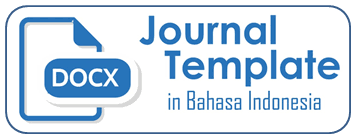Sosialisasi Meningkatkan Kesadaran Lingkungan Sehat Melalui Pemilahan Sampah Di Slb Negeri 1 Kabupaten Cirebon
DOI:
https://doi.org/10.52188/psnpm.v4i-.993Keywords:
inclusion, non-organic, organic, Waste sorting, socializationAbstract
Waste is materials or goods that are no longer used and thrown away by their owners because they have no economic or aesthetic value. In general, waste is divided into two types, namely organic and non-organic waste. Organic waste is waste that can decompose naturally, such as food scraps and leaves, while non-organic waste is waste that is difficult to decompose, such as plastic and metal. Improper waste management can cause various environmental problems, ranging from land to water pollution which has negative consequences for the ecosystem and human health. Methods used are field surveys, coordination with interested parties and socialization of activities. This service aims to increase environmental awareness and waste management practices among students with special needs. The waste sorting program was implemented at a special needs school in Cirebon, Indonesia. The program includes interactive sessions that combine lectures, demonstrations and hands-on activities. The results show a significant increase of 75% in students' understanding of types of waste and the importance of sorting. This service highlights the effectiveness of tailored educational interventions in encouraging sustainable behavior among students with special needs




